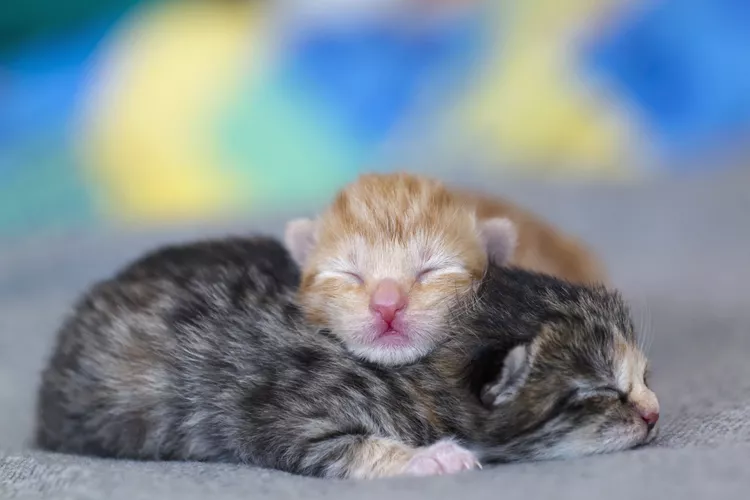
Newborn kittens may be born fully furred but they aren't done growing once they leave their mother's womb. The first week of a kitten's life is full of major changes and growth. If you have a litter of baby kittens, it's a good idea to know what to watch for—as well as know what you can do to help your kitten get off to a good start in life.
When a kitten is born it should fit in the palm of your hand. It will look just like a miniature version of an adult cat with its fur, four legs, two ears, and all its other body parts, but not everything works like an adult cat just yet.
The normal, healthy birth weight of a kitten is about 3.5 ounces which is just a little bit more than a deck of playing cards weighs. By the end of the first week, a kitten typically doubles its body weight putting it at about 7 ounces so these are good weights to record in order to monitor a kitten's growth. If a kitten isn't gaining enough weight it may mean there is something wrong that needs to be addressed.
After two or three days a kitten's umbilical cord will dry up and fall off but its eyes and ears will remain closed for a little while yet. At this point, the kitten is dependent entirely upon its mother (or foster human) for warmth, food, and hygiene. It will crawl around on its belly, cry if it is hungry, sleep, and urinate and defecate when its mother stimulates it by licking it.
You probably won't notice much of a difference between a newborn kitten and a one-week-old kitten but it will start to be more active as the week goes on. Kittens won't be playing with littermates just yet and the only social interaction between each other will be battling for a nipple to nurse from.
Since a newborn kitten is completely dependent upon its mother for the first few weeks of life, you'll need to play the role of mom if your kitten is an orphan or has been neglected by its mother. If the mother is taking care of the kittens then there is little you need to do but some things you should still look for.
Newborn kittens do not have any teeth and get all of their food and nutrition from cat milk. The first few days after giving birth, the mother cat will produce a very special kind of milk for the kittens called colostrum. This milk contains special ingredients called maternal antibodies which help protect the kittens from illnesses until their own immune systems are working. It is very important that kittens start nursing shortly after birth to ensure these antibodies are consumed from the colostrum.
If a kitten is orphaned and needs to be bottle-fed, a special cat milk replacement formula should be used to provide proper nutrition. A homemade kitten formula can be used temporarily. A newborn kitten should consume about seven teaspoons in a day and will eat small amounts every two hours.
At this young of an age there is no effective training that you can do with a kitten. Litter box training will come naturally for a kitten but should not begin until the mother cat is not needed to stimulate it to urinate and defecate.
If the mother cat is present, it is just as important to ensure it stays healthy as it is to monitor the kittens. Kittens need their mother to feed them, clean them, stimulate them, and keep them warm.

Cute Pictures & Facts About Calico Cats & Kittens
Learn fascinating facts about calico cats, including photos, the genetics behind this color combination, and common folklore and traditions.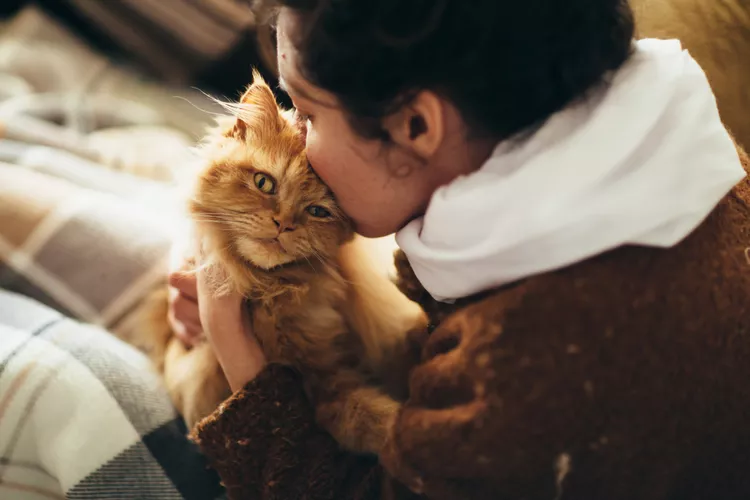
How to Prevent Cat Separation Anxiety During Vacations
Discover why cats develop litter box problems and cat behavior problems when you go on vacation and what you can do about it to help them.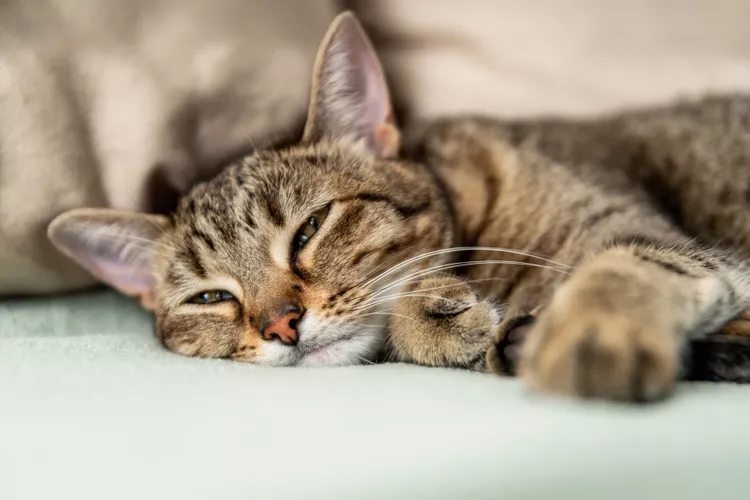
Cat Behavior Changes That Might Mean Something's Wrong
Cats' behavioral changes may indicate problems—or they may mean nothing at all. Explore causes of odd behavior and what to do about them.
Lhasa Apso: Dog Breed Characteristics & Care
The Lhasa apso is an ancient breed from Tibet that was bred to be a watchdog. Learn about its history, health, exercise needs, and more.
Reasons Why Dogs Run Away and How to Stop It
Dogs can escape, especially if they’re bored and not properly contained. Here are some techniques for stopping your dog from running away.
Can Dogs Get Depression? How to Help Your Sad Dog
Can dogs get depression? Learn about the signs of depression in dogs and find out how to help your sad dog.
How to Stop Aggression in Dogs
Dog aggression can be a serious behavior issue for pet owners. Learn how to stop aggression in dogs before someone gets hurt.
How to Stop Your Dog From Growling
A growling dog can soon become even more aggressive. Reduce the noise and potential for a dangerous situation with some of these techniques.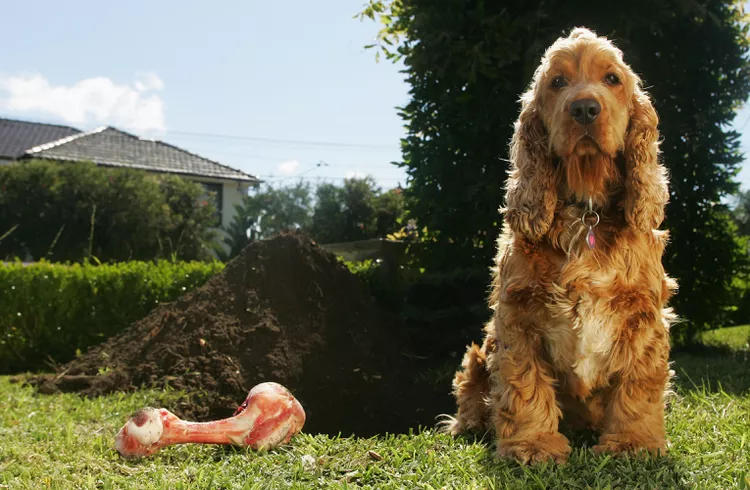
Why Do Dogs Dig Holes? How to Stop Your Dog from Relandscaping Your Yard
Dogs have been digging holes for centuries and for many reasons. Whether they’re bored or want to cool off in the dirt, here are the top reasons why dogs dig holes.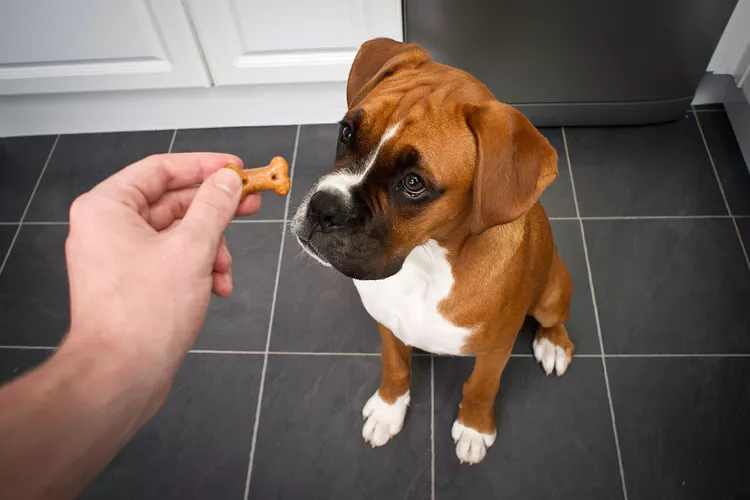
Dog Treat Varieties
Learn about the different types of dog treats on the market and decide which are best for your dog.
Can Dogs Eat Asparagus?
Dogs can eat asparagus, provided the vegetable is cooked plain and cut up for them. Seasonings, salt, and butter make it unhealthy for dogs.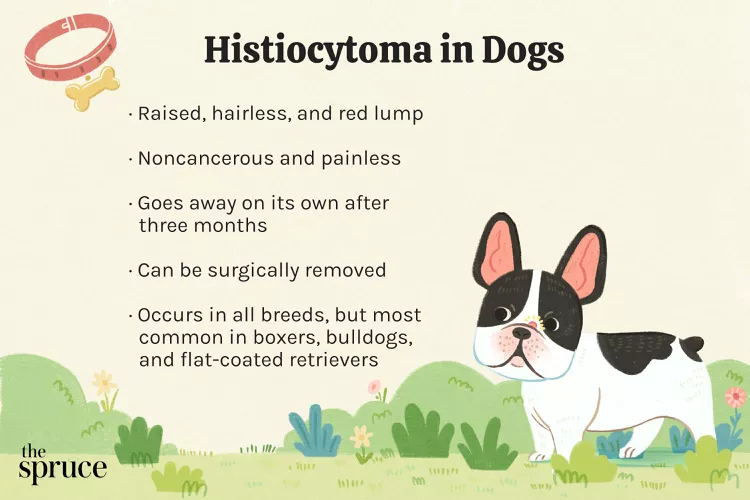
Histiocytomas in Dogs
A histiocytoma is a type of benign (non-cancerous) skin lump that usually affects young dogs. Learn the causes, treatment, and prevention.
Why Is My Dog’s Eye Swollen?
If your dog's eye is swollen, she may need veterinary attention. The inflammation could be caused by allergies, an injury, or even a tumor.
Common Bugs and Parasites Found on and Inside Dogs
Learn about common types of parasites in dogs. Find out how to treat and prevent parasites to keep your dog, your family, and yourself safe.
Exploring the Different Types of Pet-Friendly Beaches
Are you looking for pet-friendly beaches? Learn about the different types of pet-friendly beaches, their locations, and tips for visiting them with your pet.
10 Obscure, Little-known Canine Facts in Honor of National Dog Day
With National Dog Day upon us, it's time to celebrate everything about our favorite pets—even the weirder stuff. Here are 10 obscure facts about dogs you probably didn't know.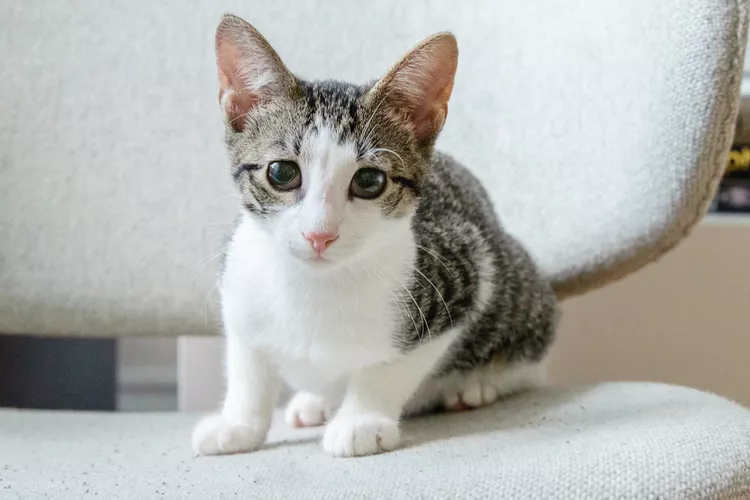
Kitten Development From 3 to 6 Months Old
Kittens grow and change a lot during their first year. Find out what happens between the ages of three months and six months old.
95 Siamese Cat Names
Our list of Siamese cat names has diverse and fun options to help you choose the ideal moniker for your elegant and lovable feline companion.
What to Buy for Your New Cat: A List of Essentials
Before you bring your new cat or kitten home, there are a number of things to collect or buy so your cat will feel welcomed like a family member.
The 6 Best Cat Nail Clippers of 2024 for a Safe Trim
Clipping your cat's nails can save your furniture and keep your kitty comfortable. We asked veterinarians for their cat nail clipper recommendations.